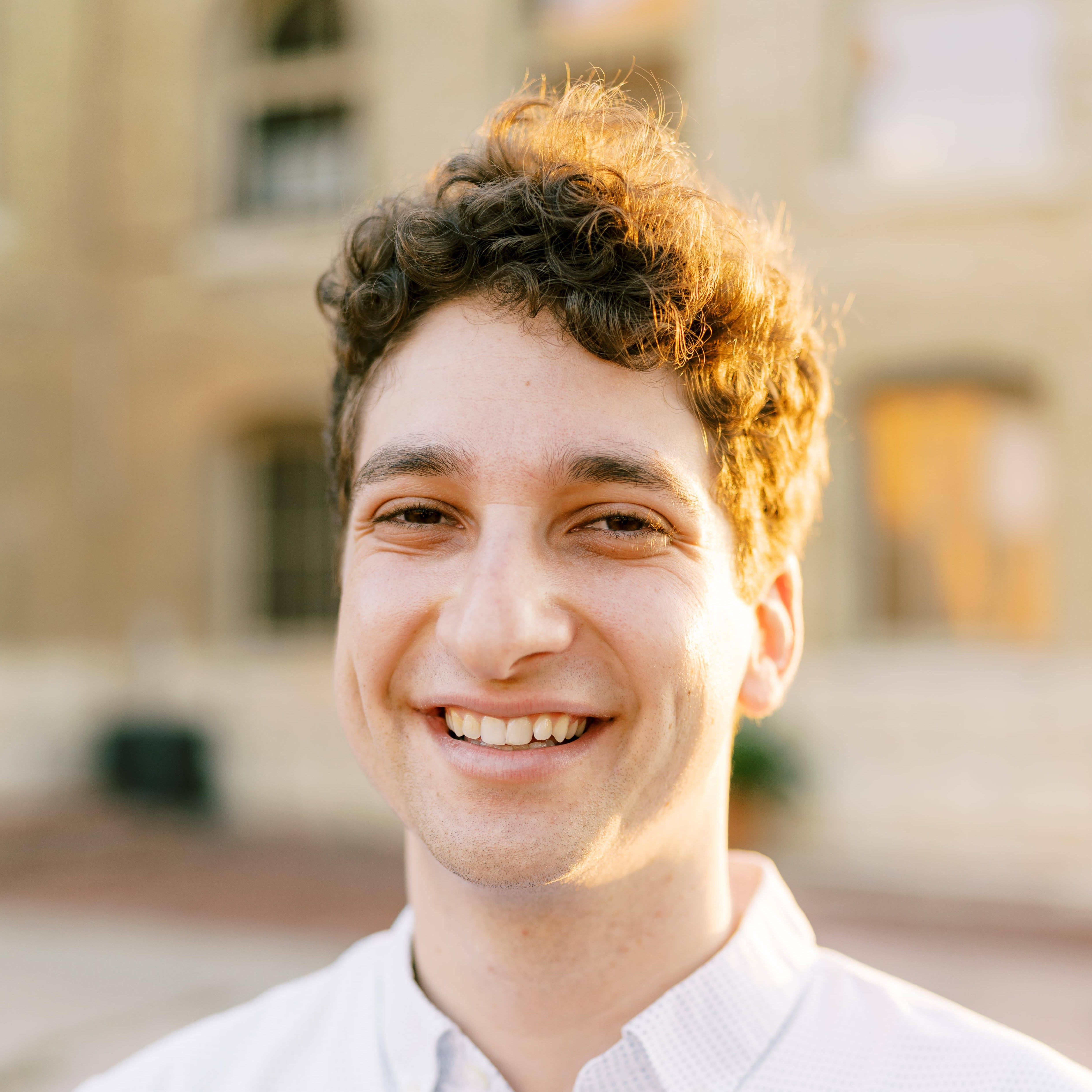
Dash Young-Saver (Skew The Script)
Abstract
Nationally, about 60% of students pass the AP Statistics Exam. However, when I started teaching in the urban core of San Antonio, the local pass rate hovered at about 2%. Why the gap? To me, the answer seemed obvious: I'd crack open the textbook and start reading out problems about the mean lifetime of batteries, the heights of different animals, or the correlation between hand width and the amount of candy you can grab from a jar. By the time I'd look up, half my class had their heads on the desks. I didn't blame them. My students were mostly from low-income backgrounds, so they often worked jobs outside of school, supported their families, and juggled big and complex responsibilities in life. Given these realities, the stats problems we covered in class seemed contrived to them - almost infantilizing.
Fed up, I showed up to class one day with no lesson prepared and asked my students: "What do you really want to learn about?" They didn't hold back in their responses: voting power, food deserts, online dating, sports, social media. Stuff that was more serious or less serious, but all relevant to them. I started building each lesson around data related to the topics they chose. Their engagement rose, as did their performance. The first year I went all-in on relevant lessons, we had 42% of students pass the AP Stats Exam. Note: This was their accomplishment, not mine. Additionally, beyond the exam results, I noticed that my students also started having deeper, more nuanced, and nonpartisan conversations about the key civic topics we covered in class. This talk will explore the story and materials inspired by my students, as we reflect on the power of making statistics what it already is: relevant.
Presenter Bio:
While teaching at a high-poverty school on the southside of San Antonio, Dash threw out his traditional AP Stats curriculum and created lessons on topics that his students cared about: voter power, food deserts, the Spurs’s chance at winning the NBA title, online dating, and more. That year, more students at the school took and passed the AP exam than in the previous 16 years combined. During the pandemic, Dash put his lessons online. His website became Skew The Script – a nonprofit that provides free, relevant-context math lessons to more than 20,000 teachers and 400,000 students nationwide. In addition to running Skew The Script, Dash still teaches part-time in San Antonio and writes math lessons for The New York Times. He holds a BA and master’s in Data Science from Harvard.
